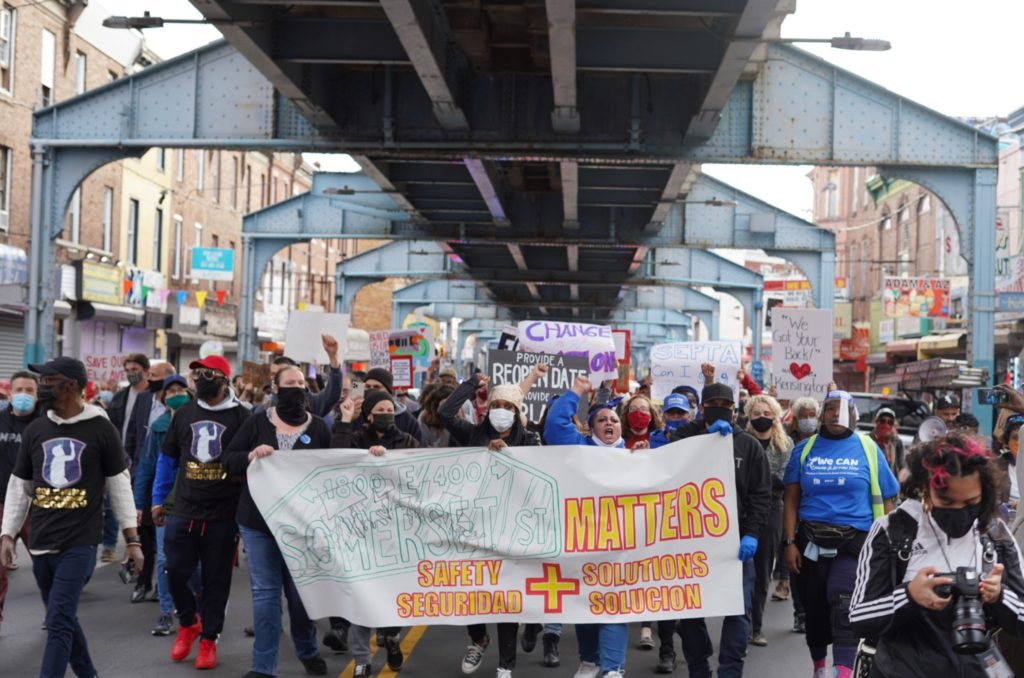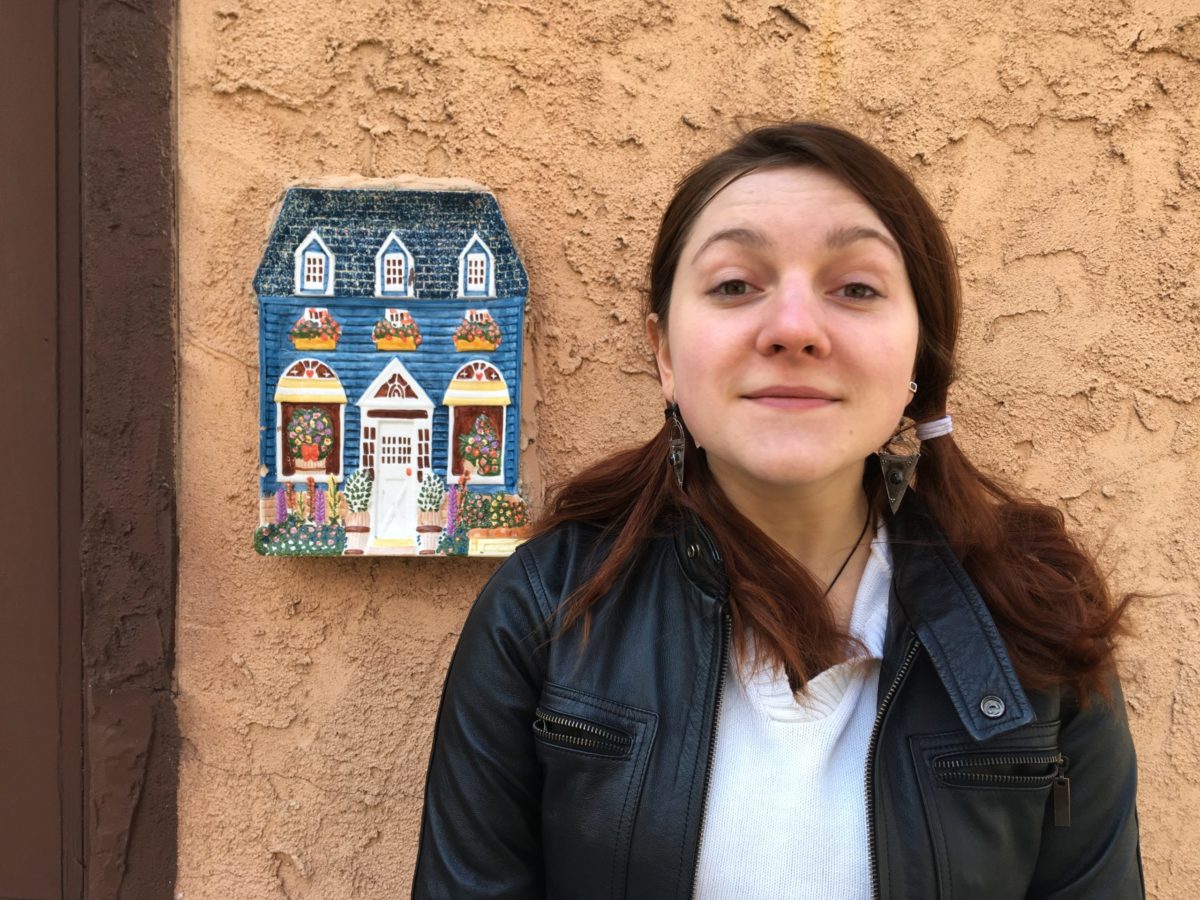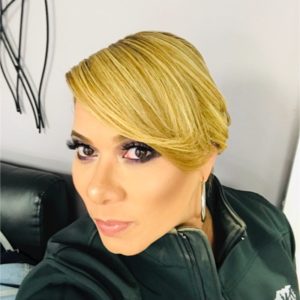‘We know we have to do things differently’: This partnership is ready to invest in Kensington in a new way
 April 27, 2021
Category: Featured, Funding, Long
April 27, 2021
Category: Featured, Funding, Long
Updates
Updated to add links to the Kensington Community Resilience Fund and to the RFP. (4/30/21 at 6:50 a.m.)A new public-private, community partnership hopes to draw on Kensington’s “most valuable resource” to improve the quality of life for residents in the Kensington, Harrowgate and Fairhill neighborhoods.
The Kensington Community Resilience Fund, which launches today, will be offering $10,000 grants to community organizations that amplify the voices of the community itself.
Jennifer Leith of the Douty Foundation was excited to share more about the ideology of the KCRF. “This is an approach to funding support that is really talked about in conversations within various philanthropic circles, particularly in light of the pandemic and the renewed calls for racial and economic justice,” she said.
The launch of the fund is the culmination of over a year of meetings between government, community members, and funders, to build what Leith called a “participatory, trust-based model” that centers the experience and knowledge of the community.
The lead funders are the Douty Foundation, the Scattergood Foundation, K10 Kids Foundation, the City of Philadelphia and the Patricia Kind Family Foundation. Bread & Roses Community Fund will act as the administrator and facilitation partner. Applications can be found at www.breadrosesfund.org. The fund has a first round target of $200,000 and a total target of $500,000 for its first year.
The KCRF is all about giving power back to the residents of Kensington and the surrounding Fairhill and Harrowgate neighborhoods.
“We must acknowledge, as a government, that there has been long term disinvestment in this community,” said Joanna Otero-Cruz, deputy managing director for community services for the City. “I think this is our effort to say ‘we’re here, we hear you and we know we have to do things differently’”.
Work on the KCRF started last year. The fund is an independent offshoot of the Philadelphia Resilience Project, which was formed to combat the effects of the opioid crisis in 2018.
Of course, there are many different aspects of the opioid crisis, “We’re trying to make sure that we’re not duplicating investments that are being made by the government,” explained Eva Gladstein, deputy managing director for Health and Human Services, “it’s much harder to get funding for the kind of quality of life and social investments that we’re talking about today.”
With help from a Community Advisory Panel, the fund identified six focus areas:
- public safety and gun violence
- youth development
- neighborhood beautification
- connecting residents to resources
- increasing workforce development
- addressing community trauma.
Each grant is $10,000 of unrestricted operating support.
“We particularly encourage those small grassroots organizations to apply,” Otero-Cruz said.“We understand that sometimes they like to go for the smaller [grants] …We encourage individuals to think larger.”
For example, the RFP states, for those who might typically seek smaller ($500-$1000) grants for one-time projects like cleanups or block parties, the larger grant amount is meant to encourage thinking about ways to build these projects out for a more sustainable impact.
The fund will not only offer grants, but work with applicants to develop their ideas. “Some organizations, they’re small and just don’t have the capacity to do grant writing,” Otero-Cruz said, “and so they are oftentimes stagnant in terms of being able to fundraise for the great work that they do. Putting together a learning community that would allow for opportunities of trainings, technical assistance was extremely important.”

Community members march under the El in protest of SEPTA’s closure of the Somerset St. station earlier this year. (Courtesy photo by Cassandra Avila, Impact Services)
The fund is composed of three parts: a steering committee, a community advisory committee and a community grantmaking panel. Community members will make up the Advisory Committee and Grantmaking panel.
“Grantmaking priority levels and eligibility criteria have been developed by the community advisory committee,” Otero-Cruz explained, “many who are residents of Kensington.”
The KCRF is actively recruiting grantmaking panelists, and all community members are encouraged to apply.
But, who should apply for funding?
According to Otero-Cruz, “any organizations located or providing services in the Kensington community” should apply.
"Small grassroots organizations and community groups are far too often asked to work for nothing, let’s be real."
“Small grassroots organizations and community groups are far too often asked to work for nothing, let’s be real,” she said. “And so it is really, really important that we encourage them to participate.”
Nonprofits with a 501c3 designation are eligible, but so are individuals with a fiscal sponsor who is a 501c3. The fund is actively working to pair interested individuals with a partner organization. Spiritual organizations and individuals working for 501c3s are also encouraged. The biggest requirement is to be located in the Kensington area or primarily serve members of the Kensington community.
Otero-Cruz emphasized the need for community representation saying that applicants should “demonstrate a commitment to equity and inclusion, including having decision-makers at the board member, leadership, and staff levels that reflect the communities being served by the organization and the project.”
There will be a bilingual info session on May 6 for those interested in applying. Applications are due on May 26 and awards will likely be announced in July.
“We really look forward to following them and seeing the beautiful projects and creative projects that they do in their neighborhood,” Otero-Cruz said.
###
More information about the Kensington Community Resilience Fund can be found here, or go directly to the RFP for information about applying.
Trending News












